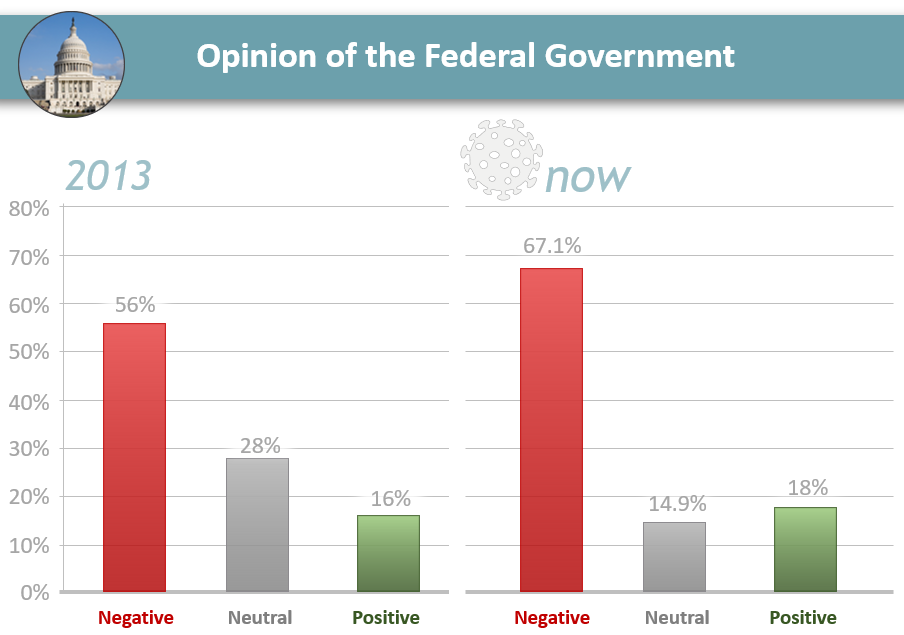How Do You Save or Rehabilitate Jurors in Voir Dire?
We’ve written a fair amount about the importance of getting jurors to reveal bias in voir dire and subsequently admit they can’t be fair, with the goal of maximizing cause challenges and removing your riskiest jurors from the panel. But equally important is saving the jurors who are likely to support your case. When it comes to voir dire, there are three skills necessary for reducing the likelihood of having your best jurors kicked for cause: Hiding Your Keeps, Rehabilitating Jurors, and Defending a Cause Challenge. Hiding Your Keeps The first stage of preserving your good jurors is not to










